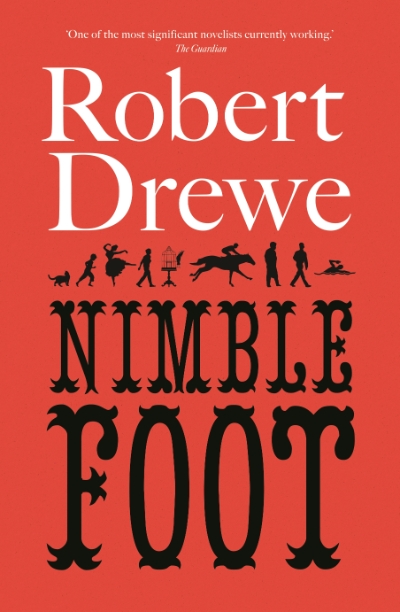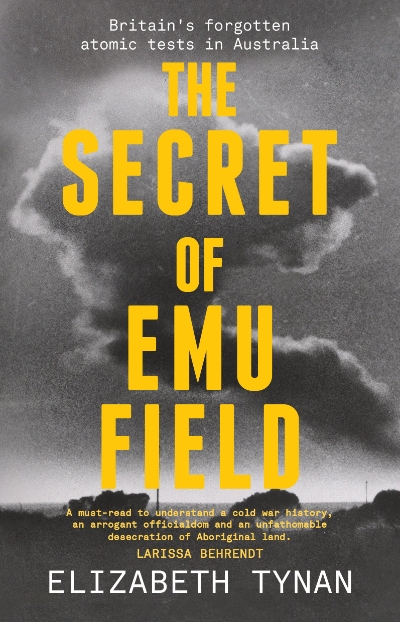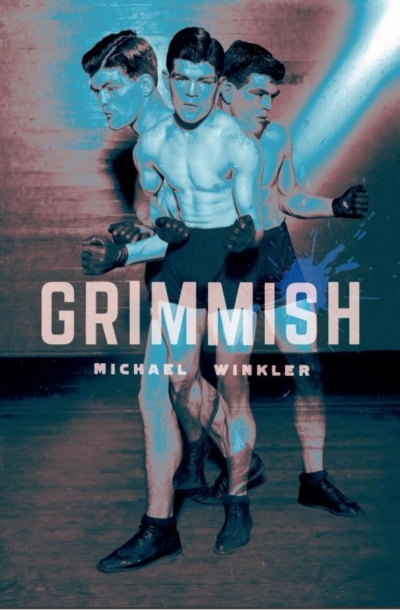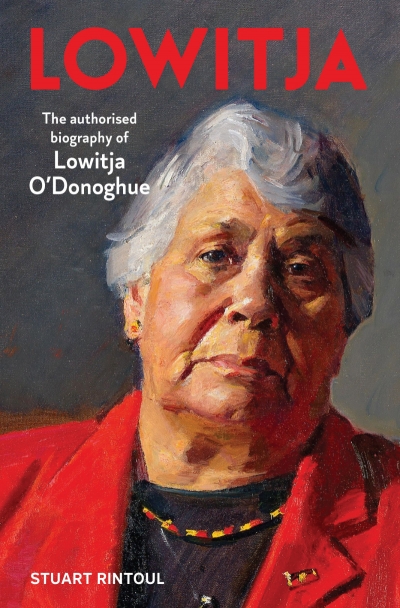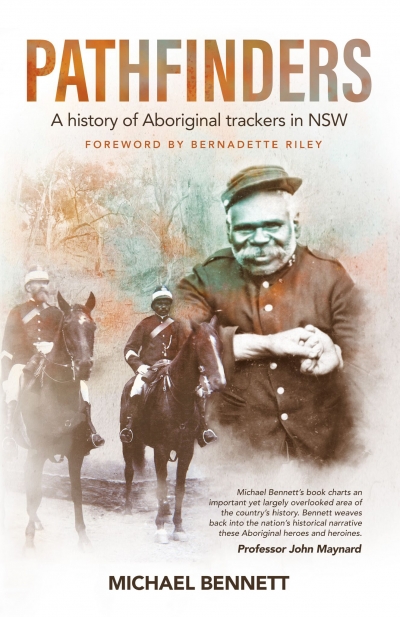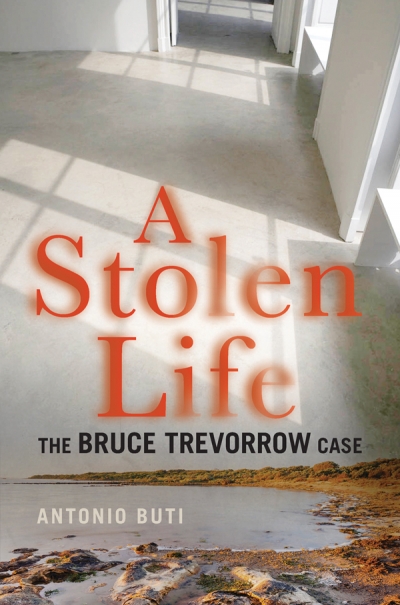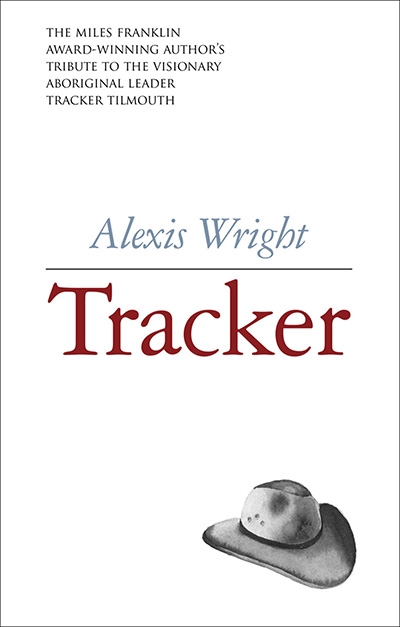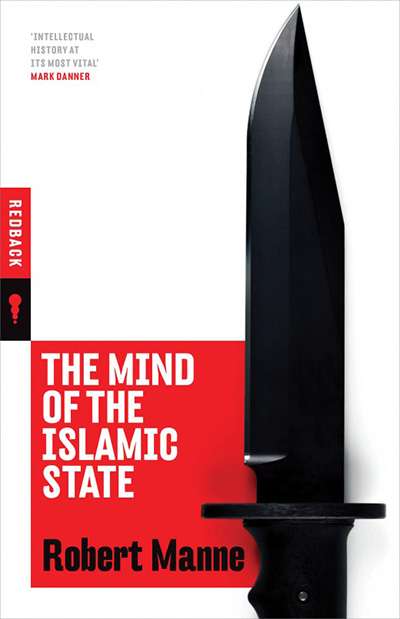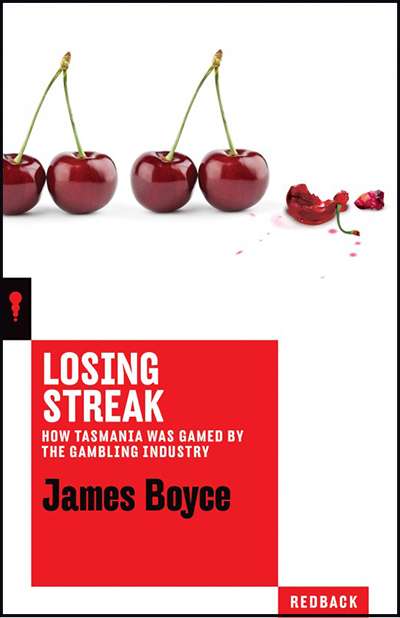Michael Winkler
Film | Theatre | Art | Opera | Music | Television | Festivals
Welcome to ABR Arts, home to some of Australia's best arts journalism. We review film, theatre, opera, music, television, art exhibitions – and more. To read ABR Arts articles in full, subscribe to ABR or take out an ABR Arts subscription. Both packages give full access to our arts reviews the moment they are published online and to our extensive arts archive.
Meanwhile, the ABR Arts e-newsletter, published every second Tuesday, will keep you up-to-date as to our recent arts reviews.
Recent reviews
The Secret of Emu Field: Britain’s forgotten atomic tests in Australia by Elizabeth Tynan
by Michael Winkler •
Lowitja: The authorised biography of Lowitja O’Donoghue by Stuart Rintoul
by Michael Winkler •
Pathfinders: A history of Aboriginal trackers in NSW by Michael Bennett
by Michael Winkler •
A Stolen Life: The Bruce Trevorrow case by Antonio Buti & My Longest Round by Wally Carr and Gaele Sobott
by Michael Winkler •
Tracker: Stories of Tracker Tilmouth by Alexis Wright
by Michael Winkler •

